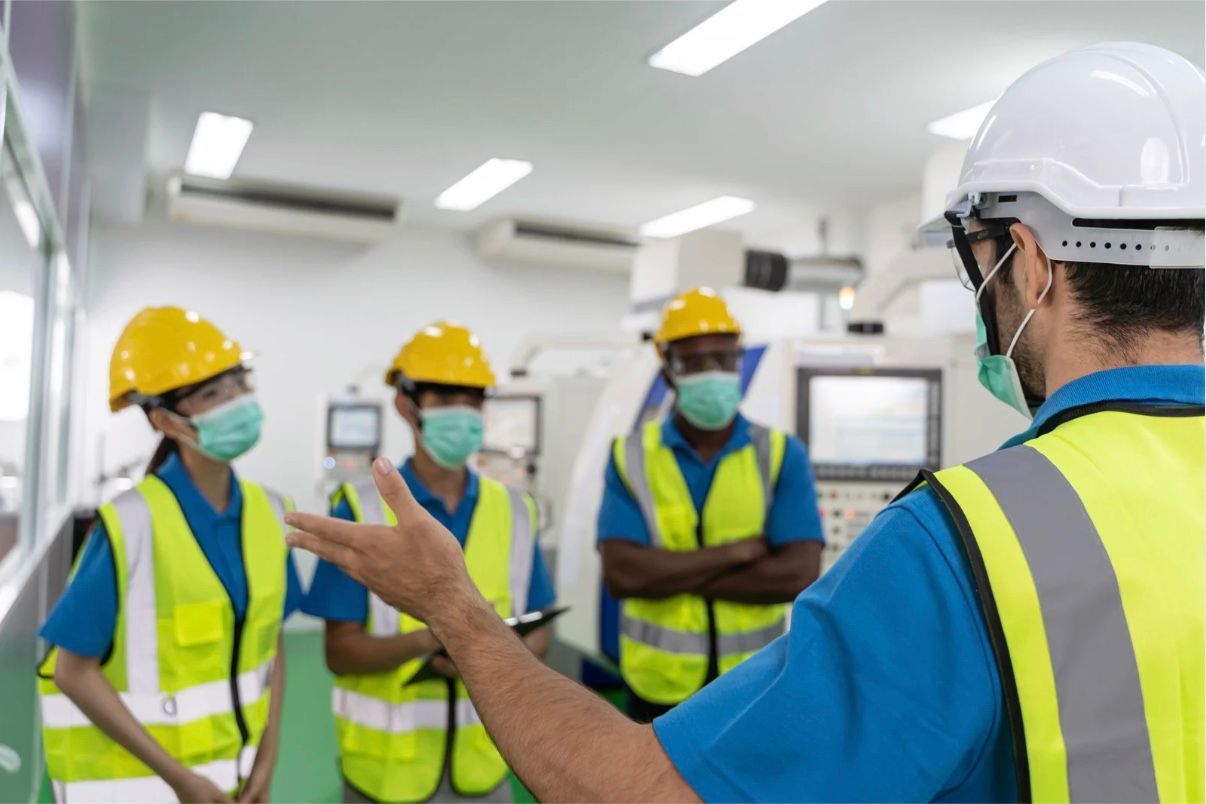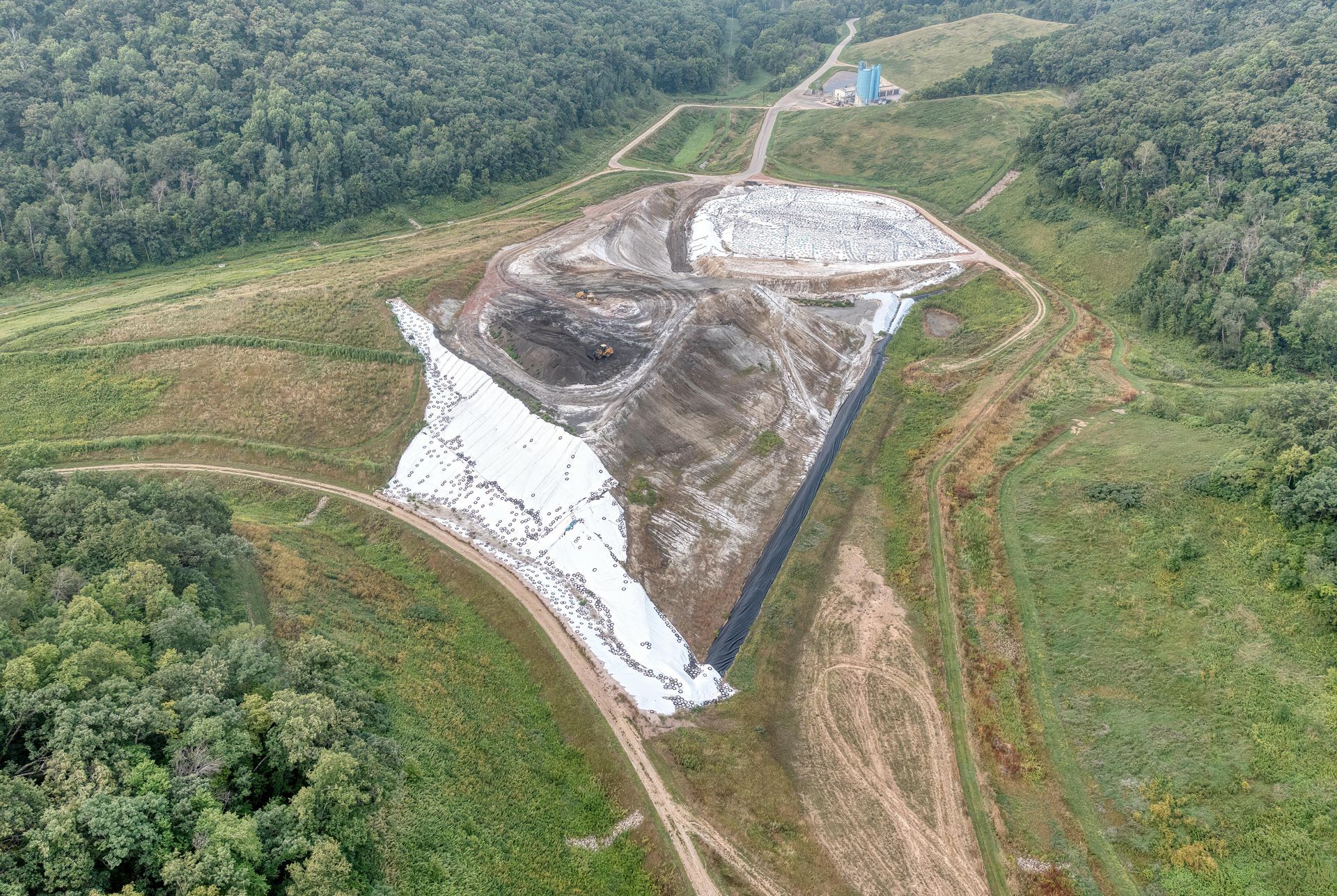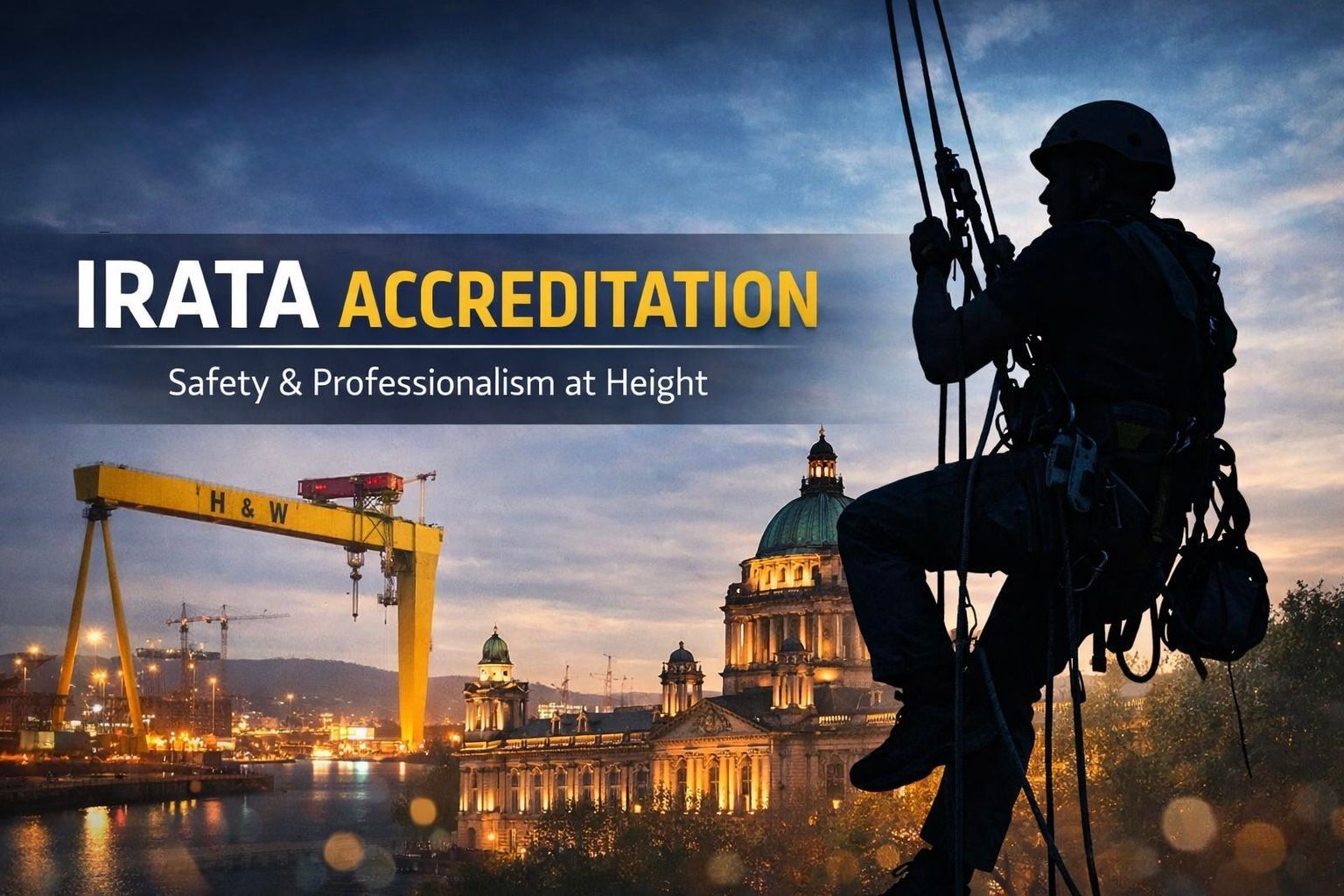Accredited Safety Courses for Industry: Setting Standards

Accredited Safety Courses for Industry: Setting Standards
In the rapidly evolving industrial landscape of today, having a workforce trained to the highest standards is essential. Given the intricate regulations, advancing technologies, and rising client expectations, safety training has emerged as a fundamental element of professional expertise. Committing to accredited safety courses for industry is one of the most efficient methods to safeguard individuals, assets, and reputations.
Accreditation goes beyond simply providing instruction, it verifies that training has been independently benchmarked against recognised standards and assessed for quality, relevance and integrity. When employers choose accredited training courses, they send a clear message that safety matters, competence is measurable, and standards are non-negotiable.
What does accreditation mean in safety training?
An accredited safety courses for industry is a programme that has been externally validated by a recognised awarding body or regulatory authority. This validation process ensures that:
- The course content meets or exceeds relevant industry legislation and HSE guidance.
- Trainers are qualified, experienced and periodically reviewed.
- Assessments are standardised and quality-assured.
- Certificates hold recognised value for employers, clients and insurers.
In the UK, accreditation may be issued through national or sector specific bodies such as IOSH, NEBOSH, RoSPA, or Ofqual recognised awarding organisations. Increasingly, specialist accreditors are emerging to serve particular sectors such as telecommunications, utilities and work at height. One example is Smart Awards, an awarding organisation regulated by Ofqual, SQA and Qualifications Wales, which focuses on practical, industry aligned qualifications across technical and safety disciplines.
Whether it’s a Smart Awards certificate or an IOSH qualification, the key feature of all accredited safety courses for industry is external oversight, ensuring what’s taught genuinely prepares individuals for the risks they may face in the workplace.
Why accredited safety courses for industry matter more than ever
Demonstrating compliance
UK employers have a duty under the Health and Safety at Work etc. Act 1974 to provide suitable and sufficient training. Accredited courses offer documented, defensible evidence of compliance, something auditors, insurers and clients increasingly expect.
Reducing incidents and improving outcomes
External accreditation enforces consistent standards in both content and delivery. Delegates learn not just the “what” of safety but the “why” which results in safer habits and fewer incidents on site.
Building client and contractor confidence
In sectors such as construction, rope access and infrastructure maintenance, many clients now request proof that workers have completed recognised or accredited safety courses for industry. Verified certificates demonstrate due diligence and reassure clients that safety is prioritised.
Boosting morale and professional growth
Employees who receive accredited training gain portable qualifications that strengthen their CVs and open doors to new opportunities. For employers, this translates to better engagement and long-term retention.
Supporting insurance and legal protection
Accredited training can be a decisive factor in insurance claims or legal proceedings following an incident. Demonstrating that staff were trained to an external standard evidences responsible management.
How to select the right accredited safety courses for industry
With multiple accrediting bodies and course types available, selecting the right one requires careful evaluation. Here’s what to consider:
Identify your operational risks
Start by analysing the environments and hazards your teams face: working at height, confined spaces, manual handling, chemical exposure, or risk of fire, due to mechanical works. Training should be relevant to those conditions and proportionate to the level of exposure.
Verify the accreditor
Ask: Who validates this course? Are they recognised by Ofqual, SQA, Qualifications Wales or another regulatory authority? A credible awarding body will publish its scope of recognition publicly. For instance, Smart Awards lists its regulated qualifications on its website.
Review learning outcomes and assessment methods
High quality courses combine theory, hands-on application and meaningful assessment. Delegates should leave confident in both understanding and practical competence.
Check renewal and refresher requirements
Most accredited programmes require periodic refresher training or reassessment. Confirm validity periods and integrate them into your workforce training matrix.
Compare cost versus value
While accredited courses may carry higher upfront costs, they often reduce long-term expenses by preventing incidents, ensuring compliance and improving productivity.
Examples of accredited safety courses for industry
Accredited training covers a broad range of industrial activities. Some of the most common categories include:
Working at height and fall protection
Essential for technicians who operate on towers and pylons, masts, or undertake activities such as bridge inspection or wind turbine maintenance. Courses ensure understanding of anchor systems, PPE inspection, rescue procedures and regulatory duties. For those involved in emergency response or rescue operations at height, our recent post on rope rescue training explores how technical rescue competence supports wider safety management.
Confined space safety
Designed for personnel entering or supervising confined spaces, covering atmospheric testing, permits-to-work and emergency rescue principles.
Manual handling and ergonomics
Focuses on body mechanics, load assessment and injury prevention — particularly important for logistics and maintenance operations.
Electrical and mechanical safety
Includes lock-out/tag-out procedures, machine guarding and hazard control in high-risk mechanical environments.
Fire and emergency response
Teaches prevention, evacuation, firefighting and incident management in line with the Regulatory Reform (Fire Safety) Order.
Leadership and supervision in safety
Accredited management-level courses (for example, IOSH Managing Safely) empower supervisors to promote a proactive safety culture and integrate safety into daily planning.
Each of these examples can fall under an accreditation umbrella depending on the provider and awarding organisation, forming a comprehensive portfolio of accredited safety courses for industry.
The role of accredited training in shaping a stronger safety culture
The value of accredited safety courses for industry extends beyond certificates and compliance, it’s about building a shared mindset around safety, accountability and continuous improvement.
Accreditation frameworks ensure that every layer of the workforce, from operatives to management, receives training that aligns with consistent learning outcomes. This promotes a common language of safety across different trades and industries, improving communication and reducing misunderstandings on site. When multiple contractors or disciplines operate together, as is often the case in rope access, renewable energy or large-scale maintenance projects, accredited training creates cohesion. Everyone understands not only what “safe” looks like, but how it is verified.
Furthermore, accreditation drives innovation. As awarding bodies update qualifications to reflect technological changes (for example, new PPE inspection methods, drone based inspection tools, or renewable infrastructure access), accredited courses evolve too. This ensures the industrial workforce remains adaptable, competent and future ready.
How accredited frameworks influence training providers
High-performing training providers use accredited frameworks as a benchmark for quality. They design courses that meet the same learning outcomes, structure and assessment standards required by formal accreditation, even when delivering internal or bespoke modules.
This approach creates consistency: the same rigorous expectations apply whether a trainee is completing an IRATA rope access level 1 , a Train the Painter bronze coating qualification, or a safety awareness module in COSHH Awareness training.
High performing training providers like Dangle Academy, align their course delivery with the same principles that underpin accredited safety courses for industry. Every element - from course design and assessment structure to practical delivery and evaluation - should reflect recognised industry frameworks and legislative best practice.
By mirroring the standards set by accreditation, providers help ensure that delegates gain not only hands-on skills but also the depth of understanding expected within nationally recognised safety qualifications. This approach makes integration with accrediting bodies straightforward, creates consistency across training routes, and reinforces a culture of quality, professionalism and compliance across the wider industry.
Strategic benefits of investing in accredited safety courses for industry
Choosing accredited training isn’t just a compliance decision; it’s a business strategy. The advantages include:
- Improved operational performance: Competent workers complete tasks safely, efficiently and consistently.
- Reduced downtime and absenteeism: Fewer incidents mean less disruption and greater productivity.
- Enhanced brand credibility: Accreditation signals professionalism to clients, regulators and potential recruits.
- Tender and audit readiness: Accredited certificates simplify supplier audits and strengthen pre-qualification submissions.
- Long-term workforce resilience: Continuous accreditation cycles encourage refresher learning and sustainable competence.
For companies operating in high-risk sectors, from construction and renewables to inspection and rope access, these benefits create measurable returns on investment in safety critical environments.
Frequently asked questions about accredited safety courses for industry
What’s the difference between accredited and non-accredited safety training?
Accredited training is verified by an external awarding body, ensuring the content and assessment meet regulated standards. Non-accredited training may still be useful, but lacks that formal recognition.
How do I check if a course is accredited?
Ask your provider for the awarding organisation’s name and centre approval number. You can confirm their status via Ofqual’s Register of Regulated Qualifications.
Are accredited courses transferable between employers?
Yes. Accredited qualifications are portable and remain valid regardless of where the employee works, making them attractive for both employers and employees.
How often should training be refreshed?
Most accreditors recommend refreshers every two to three years or sooner if job roles, equipment or legislation change.
Why Choose Dangle’s Academy?
Here at Dangle, we pride ourselves on offering a wide range of professional and comprehensive inspection, access, coatings, and composite (IACC) industrial services and training courses to cater to the needs of both the private and public sectors. Our dedication to providing high-quality work at height solutions and training has helped us establish a strong reputation in the industry.
With a team of highly skilled and experienced professionals, we are committed to delivering exceptional results that not only meet but exceed our clients' expectations. Our on-site working at height services are designed to minimise maintenance costs in the long and short-term, allowing our clients to save on valuable resources.
Located in Belfast, Northern Ireland, our headquarters serve as the centre of our operations across Ireland. However, we also have a Dangle office based in Scotland, ensuring that we can extend our services to a wider clientele across the United Kingdom. No matter where you are located, our team is always ready to assist you with your industrial maintenance or training needs.
If you would like to learn more about how our dedicated team can help you, we encourage you to get in touch with us today. Our friendly and professional staff are always available to provide you with the information and support you require.


